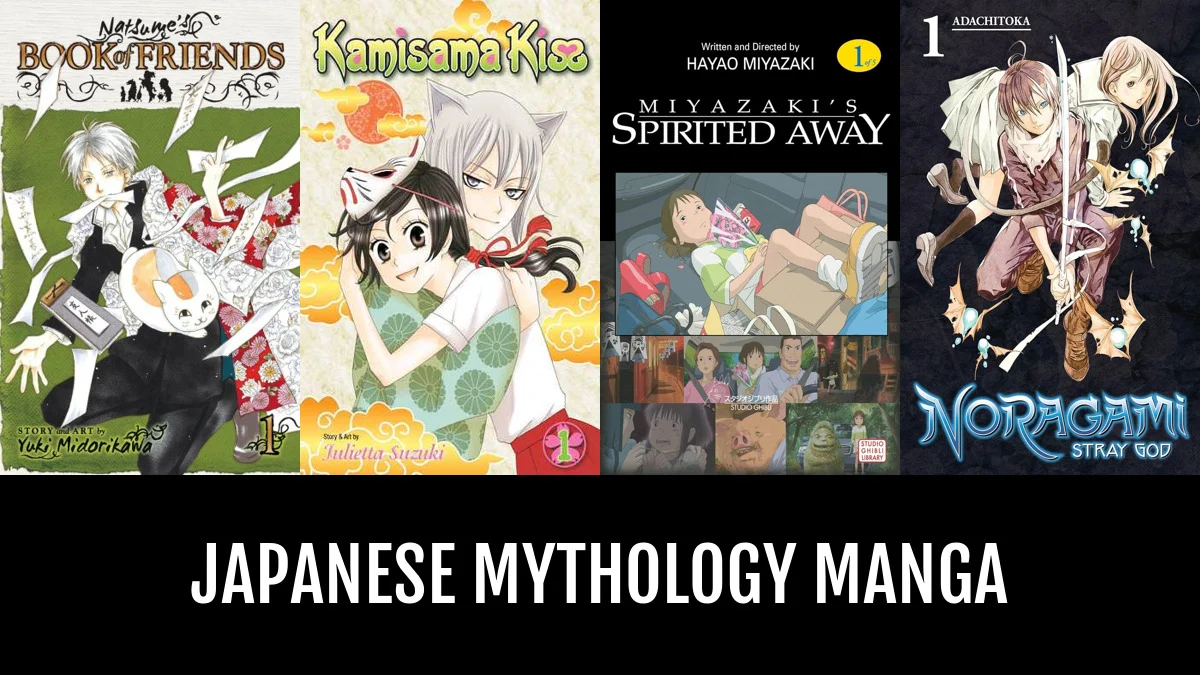Japanese anime is often praised for its imaginative worlds, unique art styles, and compelling characters, but beyond these surface-level elements lies a deep well of philosophical themes. From existentialism and the nature of reality to ethics and personal identity, anime has a rich history of exploring life’s most profound questions. This makes anime not only a form of entertainment but also a medium for introspection and intellectual exploration.
In this post, we’ll dive into some of the most notable philosophical themes in Japanese anime and discuss how these series challenge viewers to think critically about the world around them.
1. Existentialism: The Search for Meaning in Life
One of the most prominent philosophical themes in anime is existentialism—the exploration of life’s meaning, or lack thereof. Existentialist themes often revolve around characters questioning their purpose, struggling with the absurdity of existence, and seeking authenticity in a world filled with chaos.
Key Examples:
- Neon Genesis Evangelion: This anime tackles existential themes head-on, as its characters grapple with personal trauma, loneliness, and the question of their purpose in the face of a world on the brink of destruction. The series explores deep psychological and philosophical issues, questioning the nature of human existence and the meaning of life itself.
- Serial Experiments Lain: A series that delves into the nature of reality, consciousness, and the individual’s place in the digital world. Lain’s journey of self-discovery leads to existential questions about the boundaries between the real world and cyberspace.
Philosophical Exploration:
- Existential anxiety and the search for meaning are central to both series. Characters like Shinji Ikari from Evangelion and Lain from Serial Experiments Lain struggle with their identity, trying to understand their place in the vast, seemingly indifferent universe.
2. Ethics and Morality: Right vs. Wrong
Anime often tackles complex moral dilemmas, where characters must navigate the boundaries between right and wrong in a world filled with gray areas. The philosophical concept of ethics—understanding the principles that govern human behavior—is frequently explored in anime.
Key Examples:
- Death Note: This series delves deep into the concept of justice. The protagonist, Light Yagami, believes he can create a utopia by killing criminals, using a supernatural notebook. The series raises questions about the morality of vigilante justice, the corruption of power, and the fine line between good and evil.
- Fullmetal Alchemist: Brotherhood: This anime explores the ethics of sacrifice, the consequences of one’s actions, and the value of life. The characters face moral decisions that challenge their beliefs and force them to weigh the cost of their ambitions.

Philosophical Exploration:
- Utilitarianism and deontological ethics are often at odds in these series, with characters facing the consequences of their actions. The series ask viewers to question whether ends justify means, and whether it is ever acceptable to sacrifice an individual for the greater good.
3. Identity and the Self: Who Am I?
The concept of personal identity is a major philosophical theme in many anime series. Characters often struggle with self-discovery, questioning who they are, what defines them, and how they relate to the world around them. This exploration of the self is often linked to existential questions of existence and purpose.
Key Examples:
- Ghost in the Shell: Set in a futuristic world where humans can have their consciousness transferred to artificial bodies, this anime explores questions about what it means to be human. It raises important philosophical questions about consciousness, artificial intelligence, and the relationship between the mind and the body.
- Neon Genesis Evangelion (again): In addition to its existential themes, Evangelion also explores the psychological impact of the characters’ identities. Shinji, for example, often grapples with his sense of self-worth, the desire to be loved, and the burden of expectation.
Philosophical Exploration:
- The mind-body problem and personal identity are central to these series, challenging viewers to consider the nature of the self and whether our identity is shaped by our minds, bodies, or both.
4. The Nature of Reality: What Is Real?
The nature of reality and how we perceive it is another prominent philosophical theme in anime. Many series challenge the boundary between the real world and illusion, exploring how perception and reality can be distorted.
Key Examples:
- Paprika: Directed by Satoshi Kon, Paprika explores the blending of dreams and reality. The protagonist, a psychologist who enters people’s dreams to help them, must navigate a surreal world where the line between the conscious and unconscious mind is blurred.
- The Matrix (Influenced by Anime): Although not technically Japanese, The Matrix was heavily influenced by anime, particularly works like Ghost in the Shell. The film explores the idea of simulated reality and the philosophical implications of living in a constructed world.
Philosophical Exploration:
- Epistemology, the study of knowledge, plays a major role in these series. Questions like “What can we truly know?” and “How do we distinguish between illusion and reality?” are central to the viewer’s experience, urging them to reconsider their understanding of the world.
5. Free Will vs. Determinism: Are We in Control of Our Destiny?
The tension between free will and determinism is a recurring theme in anime. Many anime characters find themselves at the mercy of fate or face dilemmas where they must choose between predestined outcomes and the freedom to act independently.
Key Examples:
- Steins;Gate: This time travel anime addresses the consequences of altering timelines and the effect it has on the characters’ futures. The concept of fate vs. free will plays a major role in the characters’ decisions, as they navigate the impact of their actions on time.
- Ergo Proxy: In this dystopian series, characters confront the idea of self-determination as they navigate a world controlled by artificial beings. The series explores questions about the role of consciousness in shaping one’s destiny.
Philosophical Exploration:
- Determinism and free will are explored through the lens of time travel and artificial intelligence, encouraging viewers to reflect on the extent of their control over their lives and their futures.
Conclusion
Japanese anime has proven to be a powerful medium for exploring complex philosophical themes. From existentialism and ethics to personal identity and the nature of reality, anime offers a unique space for viewers to engage with some of the most profound questions in life. By delving into these themes, anime encourages self-reflection, challenges our assumptions, and offers new perspectives on the world we live in.
Whether you’re a casual viewer or a dedicated anime fan, the philosophical depth of anime adds another layer to its storytelling, making it a rich source for intellectual exploration and discussion.











